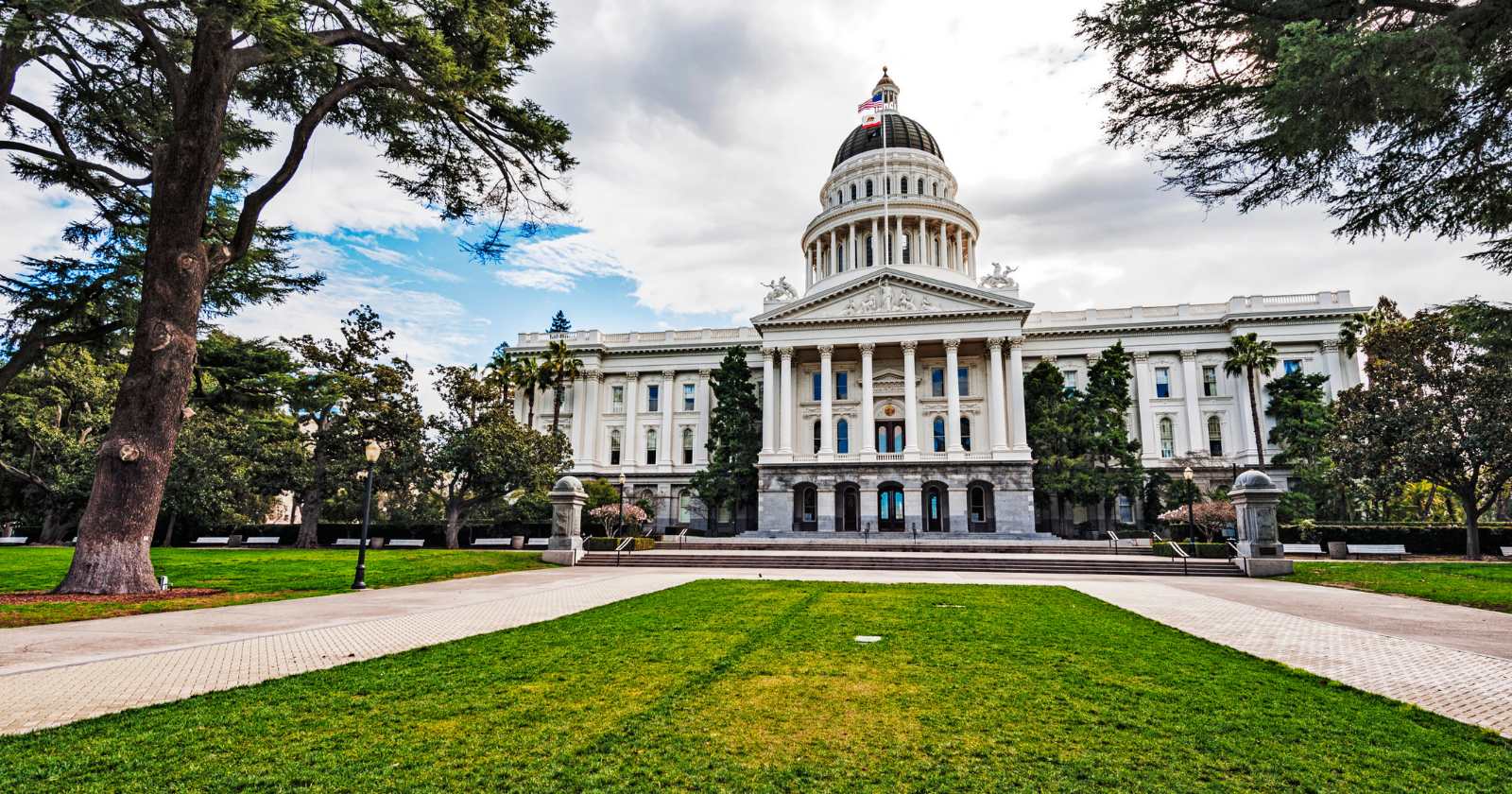California Title Loan Lending Laws
Are you considering a car title loan from a licensed lender in California but unsure how the process works or what you can legally be charged for interest rates and other fees?
As with any loan offer, you should understand the regulations secured lenders must follow within the state. By making yourself aware of the state laws in California, you can better understand the current limits and fees that apply to licensed lenders. Our goal at California Title Loans is to provide you with the most up-to-date title loan regulations.
Assembly Bill 539, The Fair Access to Credit Act, was passed a few years ago, and this ACT severely limited the interest rates lenders could charge within California. The governor signed this bill late in 2019 and fully implemented it across the state in January 2020. This law established interest rate caps for all loans of $2,500 to $10,000, including installment loans, payday loans, and title loans. These new rules have brought about big changes in California, as many large lenders have limited the loans they provide.
What To Know About Title Loan Requirements & Regulations In CA
Are you considering getting a car title loan or any other personal loan? If so, you must first understand the various State laws for residents looking for a secured loan. California has recently been the center of attention regarding short term lending.
With most car title loans in California, you get cash from a licensed direct lender. In this scenario, your vehicle will be held as collateral, helping you secure a car title loan of $2,500 or more. Secured loans are generally easy to get if you have equity in a vehicle. Most borrowers can get funding regardless of their credit card rating or recent lending history.
California does not have specific title loan requirements when compared to other states. That means they fall under the restrictions already in place for payday and installment loans. There are no specific details or breakdowns for what kind of car a lender will accept. However, most lenders prefer vehicles under ten years old with less than 125,000 miles. Besides that, the vehicle must be entirely paid off with a title showing you as the sole owner. A good rule of thumb when determining the title loan value of a car is that it needs to be worth at least double the amount of money you're looking to borrow.
Many of the largest online title loan companies will use the car's current resale value to determine a finance amount. If it’s a vintage car, the regular rules may not apply. California title loan laws don’t specify what creditors may require for collateral or underwriting. This lack of stipulations allows creditors to create rules according to their preferences. This can be viewed in different ways. However, it often provides more flexibility with finance terms and loan length.
Minimum Loan Amounts and California Title Loan Interest Rates
In California, state laws dictate that $2,500 is the minimum amount you can borrow from most licensed finance companies. Anything under that amount won’t apply to getting a car title loan. Finance charges on most of these loans are usually very high. Much like a cash advance and payday loans, finance charges are high, and paying the loan off early is essential. Besides, California law doesn’t limit how much the creditors can charge. There is no charging limit on loans that exceed the $2,500 amount. When you search for any local title loan company, you will often see a limit that equals a certain percentage of the vehicle's total equity.
For instance, if you take exactly $2,500, the creditor may charge either $50 or up to 5%. Also, any amount that exceeds $4,999 won’t have a capped interest rate. Regarding other costs, the lender may charge processing and administrative fees. The law requires them to inform you of the total amount with all the fees and the interest rate they are charging you before signing the contract. These rates and fees will mirror the charges you see with most payday loans issued in the state.
The Risk of Default and Repossession of Vehicle From An Online Title Loan Lender
Repossession can take place once there is a breach of contract. Your vehicle can be taken anywhere in California if you fall behind on the payments. It can also happen if the lender finds out the information you gave them isn’t valid. While this is serious, most legitimate pink slip lenders don't want to go this route. Many companies that promote title loans online will try to work with you. Some will attempt to set up alternate payment plans so that you can get back on track. If you miss a payment, you might have a certain amount of time before repossession occurs.
According to California repossession laws, the creditor can take the vehicle once payment is one day late. Besides, the creditor isn’t obliged to give you prior notice that they are taking your car. All in all, the specific terms should be in your contract. Make sure you read it and understand it completely. That way, you’ll reduce the risk of failing to abide by the contract. Contact your lender if issues arise and you can't make a payment on a CA auto equity loan!
An online title lender must follow specific California title loan rules and laws regarding repossession if they take your car. They must notify you within 48 hours after repossession and tell you where the vehicle is and what you need to do to get it back. You will have 60 days before the car can be auctioned.
Any title loan company in California must inform you about their intent to sell your car with at least 15 days’ notice. You should receive the notification within 60 days after the vehicle was taken. You can request a hold or "delay" on the sale for ten days as you work to get the car back. Also, the lender needs to cut you a check for any amount above what you owe them after they sell the vehicle. Conversely, you will still owe your lender if the car sells for less than the current loan amount!
This article was last updated for compliance in August of 2024. Contact California Title Loans at 855-339-1001 to learn more about the latest lending regulations in CA!


